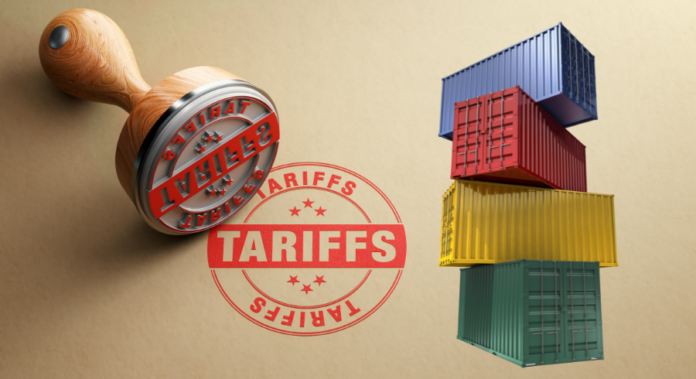- Key sectors like IT, chemicals, pharmaceuticals, Polyester Filament Yarn and steel sectors and plastics will see notable reductions
Prime Minister Shehbaz Sharif has approved a reduction in duties on over 7,000 tariff lines, including raw materials, intermediate, and capital goods, as part of a strategy to foster industrial growth in Pakistan. The reduction plan, which received earlier approval from the Tariff Policy Board and Steering Committee, aims to lower input costs for industries and make imports more affordable.
According to media reports, the government will abolish the additional customs duty (ACD) of 2% on 4,294 tariff lines, mainly covering raw materials. This move is expected to reduce the cost of production for several industries.
Additionally, the ACD will be reduced from 4% to 2% on 545 tariff lines, from 6% to 4% on 2,227 tariff lines, and from 7% to 6% on products currently subject to customs duties exceeding 20%.
Key sectors like chemicals, pharmaceuticals, and plastics, particularly those in chapters 28 to 38 of the Pakistan Customs Tariff, will see notable reductions.
The tariff revision also includes a reduction in duties on information technology products and materials like Polyester Filament Yarn and steel sectors.
In an effort to streamline the customs process, the government will introduce a simplified duty structure with new slabs of 0%, 5%, 10%, 15%, and 20%, phasing out the 3% slab and reducing the existing 16% rate to 15%.
The government is also set to make substantial cuts in regulatory duties, which currently range from 5% to 90%, with plans for these duties to be gradually phased out over the next five years. At the end of this period, the maximum regulatory duty will be capped at 30%, further easing import costs and improving market access.
The 5th Schedule of Customs, which offers industry-specific tariff concessions, will be dissolved, transitioning products to the 1st Schedule over time. Despite these changes, no specific industry will be adversely affected by the upcoming tariff adjustments.
Prime Minister Sharif has directed the steering committee to engage with key sectors such as auto, iron and steel, textiles, chemicals, and plastics, which are currently shielded by tariff protections of 100% to 150%.
The committee will collaborate with stakeholders to propose agreed-upon tariff reductions for these sectors in line with the government’s goal of transitioning from import substitution to an export-led growth strategy.
The government aims to reduce the simple average tariff from 19% to 9.5% within five years, with a gradual restructuring of duty slabs. By the end of the five-year period, the new tariff structure will cap the maximum duty at 15%, eliminating sector-specific peaks that have historically affected industries like automobiles.




